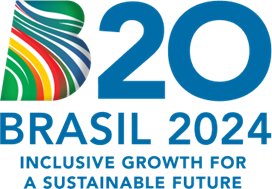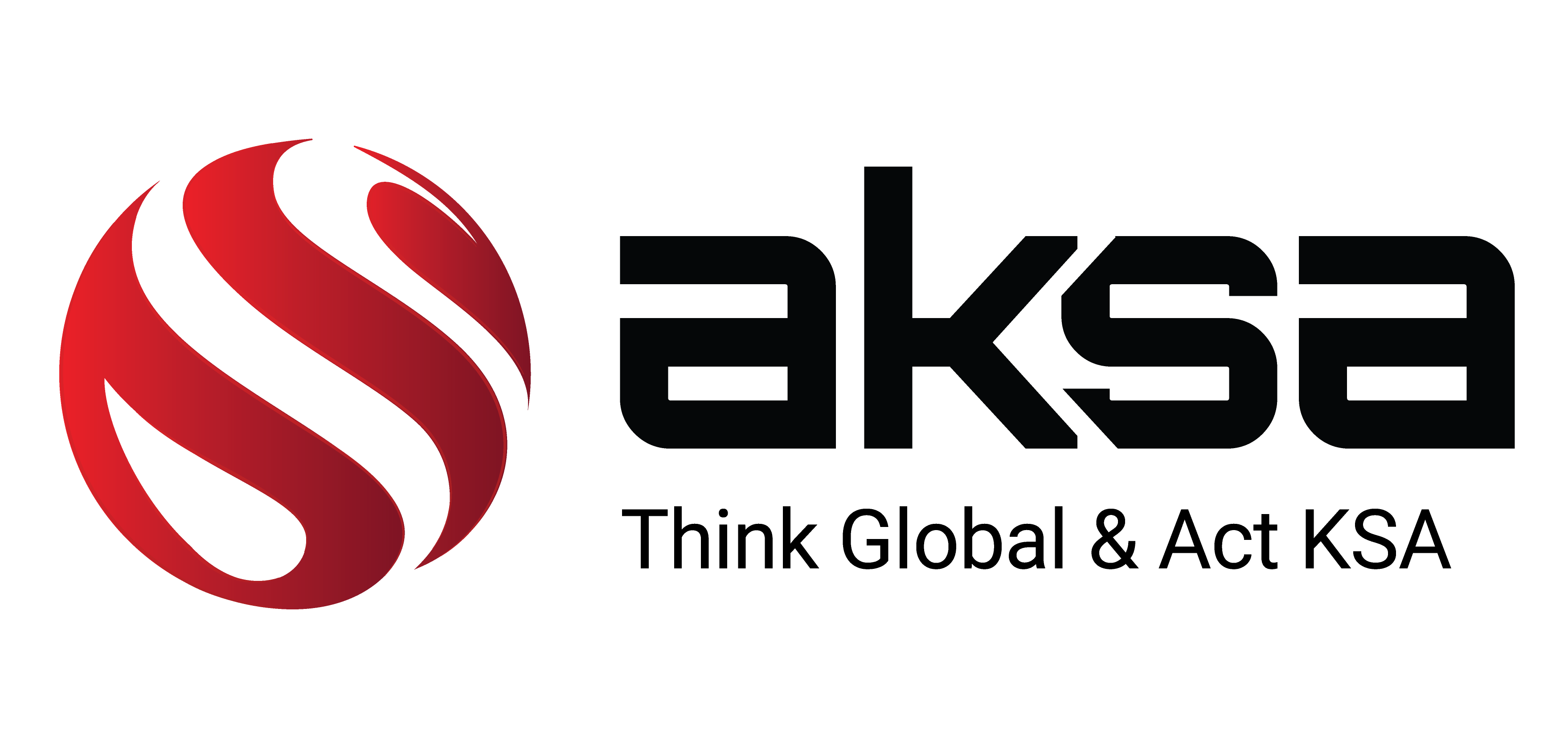B20 Guiding Claims

The B20 summit, held in Sau Paulo, Brazil, from October 24th to 25th, 2024 brings together business leaders from around the G20 nations, to discuss recommendations that are subsequently given to the G20 summit. The B20 consists of eight committees, and Mr. Said El Saadi was a member in the Trade and Investment task force on behalf of Access KSA. As such, the B20 summit has adopted the following five guiding claims as overarching recommendations to be presented to the G20 summit:
GUIDING CLAIM 1
Promote inclusive growth and combat hunger, poverty and inequality
The COVID-19 pandemic has significantly impacted global poverty reduction efforts, marking the largest setback since World War II. Data from the World Inequality Report still shows that global wealth inequalities are stark, with the poorest half owning just 2% of total wealth and the richest 10% holding 76%.
Therefore, addressing hunger, poverty, and inequalities requires a comprehensive strategy, including the expansion of social protection measures, the use of digital technology to improve the efficiency of public service delivery, targeted support for small businesses and self-employed individuals, and government support to bolster the agricultural sector.
Two key areas of synergy have been identified across B20 Brazil recommendations:
Synergy 1.1: Ensure an inclusive global food system transformation fostering productivity growth, finance, and trade
Synergy 1.2: Diversity and inclusion across sectorial strategies
GUIDING CLAIM 2
Accelerate a fair net-zero transition
While public and private sectors have pledged commitments towards the net-zero transition, recent data shows that to limit warming to 1.5°C above pre-industrial levels, the world needs to reduce its current emissions by around 43% by 2030. Various factors add to the challenges around reaching net-zero and enabling the energy transition. This includes the need for a significant increase in total capital expenditure, the massive physical transformation of long-standing efficient systems for energy, and the delay associated with the return of long-term investments to support the transition.
A significant funding gap exists in energy and infrastructure mitigation, estimated at USD 4 trillion annually, with a total amount projected to be USD 5 -8.5 trillion annually by 2030 to achieve our climate goals.
Two key areas of synergy have been identified across B20 Brazil recommendations:
Synergy 2.1: Ensuring a fair net-zero transition
Synergy 2.2: Financing the net zero transition
GUIDING CLAIM 3
Increase productivity through innovation
Over the past 25 years, the world has seen significant improvements in living standards due to strong GDP growth and productivity growth. However, since the 2008 global financial crisis, productivity growth has slowed, with advanced economies experiencing a decline. Today, productivity growth is crucial for raising living standards amid aging, energy transition, supply chain reconfiguration, and inflated global balance sheets.
In advanced economies, growth had already slowed from 2.2 percent annually in the late 1990s to 1.6 percent pre-GFC, dropping further to under 1 percent from 2012 to 2022. Meanwhile, emerging economies saw productivity growth peak at 5.9 percent before the GFC, then decline to 3.4 percent in the following decade.
Productivity is primarily driven by three key factors: innovation, skills development, and resource optimization. Innovation enhances long-term growth by introducing new products and improving production methods. Skills development and public infrastructure boost economic activity. High investment rates are crucial for sustainable productivity improvements and economic expansion.
Two key areas of synergy have been identified across B20 Brazil recommendations:
Synergy 3.1: Enhancing sector-specific applications of digital technologies and artificial intelligence
Synergy 3.2: Enhancing Global Commerce through Data-Free Flow with Trust and International Cooperation
GUIDING CLAIM 4
Foster the resilience of Global Value Chains
Global Value Chains (GVCs) have accelerated international trade and investment since the 1990s, boosting productivity, technology diffusion, and poverty reduction. However, severe production shocks, such as natural disasters and geopolitical uncertainties, are increasing vulnerability, potentially causing companies to lose over 40% of annual profits per decade.
Operational choices and economic factors further exacerbate these risks. Enhancing risk management, increasing transparency, diversifying suppliers, increasing inventories, simplifying products, and boosting flexibility and recovery capability are all part of building resilience.
By implementing sustainable practices like cutting waste and investing in alternative energy sources, businesses can also reduce risks. These steps, along with encouraging ethical labor standards and community involvement, improve supply chain resilience and workforce stability, guaranteeing long-term profitability and flexibility in the face of global difficulties.
Two key areas of synergy have been identified across B20 Brazil recommendations:
Synergy 4.1: Financing Micro, Small and Medium-size Enterprises
Synergy 4.2: Enabling Sustainability and Resilience in Global Value Chains Through Trade
GUIDING CLAIM 5
Enhance human capital
Within the next five years, employers predict that 44% of workers’ skill sets will be disrupted, with cognitive abilities—particularly complex problem-solving—rapidly gaining prominence. Only half of workers presently have access to sufficient training options, even though 60% of workers will require training by 2027. 10% of training programs will focus on developing analytical thinking skills, making it the top priority for skills training from 2023 to 2027. However, there is a gap between corporate upskilling programs and the skills that are becoming more important. Notably, businesses are placing a higher priority on leadership, social impact, AI, and big data than would be expected given the demands of their present workforce.
One key area of synergy has been identified across B20 Brazil recommendations:
Synergy 5.1: Inclusive, productive, and resilient workforce





Leave a comment